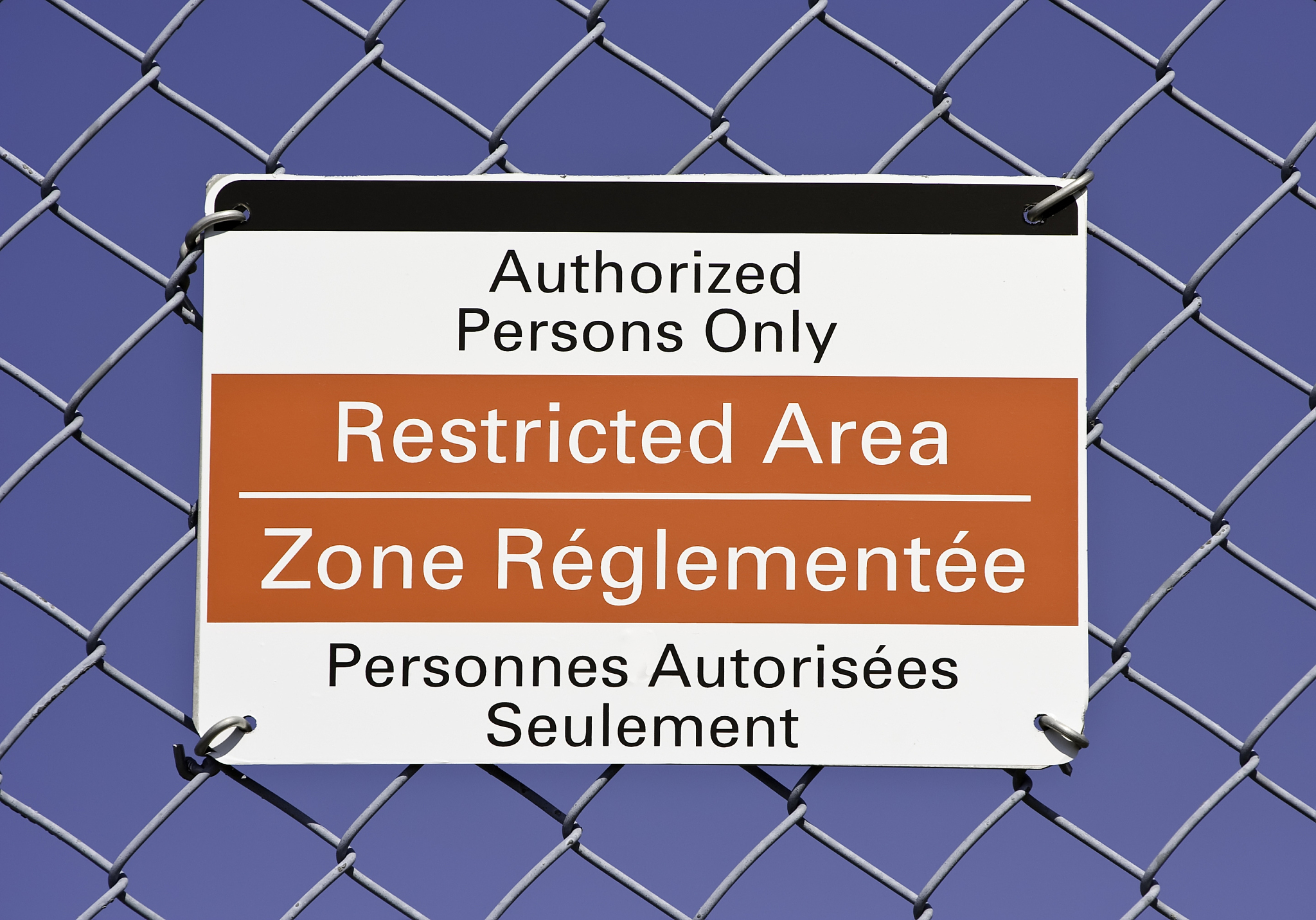Is the World Becoming Less Safe? Exploring the Causes and Solutions
In recent years, the sentiment that our world is becoming 'less and less safe' has been echoing throughout various social, political, and media platforms. This perception is not unfounded, as we witness numerous safety issues in our daily lives. From the rise in crime rates to the alarming increase in terrorist attacks, it is evident that safety concerns have become a pressing issue in our society.
Examples of this growing concern can be seen in the increasing number of violent incidents reported in the news. Shootings, robberies, and assaults seem to be occurring more frequently, instilling fear in the hearts of many. Furthermore, the prevalence of cybercrimes, such as hacking and online scams, has made it increasingly difficult for individuals to feel secure in the digital world.
The causes behind these safety issues are multifaceted. Firstly, socioeconomic factors play a significant role. The widening wealth gap and lack of equal opportunities have resulted in increased social unrest and desperation. When individuals are pushed to the margins of society, they may resort to criminal activities as a means of survival or rebellion.
Moreover, the accessibility of weapons and the proliferation of organized crime contribute to the escalating safety concerns. The easy availability of firearms in some regions has led to a rise in gun-related violence, while organized crime syndicates perpetuate a sense of fear and insecurity in communities across the globe.
Additionally, geopolitical tensions and conflicts have also contributed to the perception of a less safe world. Wars and political instability create a breeding ground for extremist ideologies, fueling acts of terrorism and posing a threat to global security. The impact of terrorism is not limited to the regions directly affected but reverberates throughout the world, instilling fear and uncertainty.
In the face of this deteriorating safety situation, it is imperative that we take action. Governments must prioritize the safety and well-being of their citizens by investing in effective law enforcement, intelligence agencies, and security measures. Strengthening international cooperation to combat organized crime and terrorism is also crucial.
Furthermore, addressing the root causes of safety issues is essential. Governments should focus on reducing socioeconomic disparities and promoting equal opportunities for all. Education plays a vital role in fostering understanding, empathy, and tolerance, which can help to counter extremist ideologies.
Individuals also have a responsibility to contribute to a safer world. We should remain vigilant and report suspicious activities to the authorities. Engaging in community-building activities, promoting dialogue, and advocating for peaceful resolutions can make a significant impact.
In conclusion, the perception that our world is becoming 'less and less safe' is supported by the increasing safety concerns we witness every day. Factors such as socioeconomic disparities, accessibility to weapons, and geopolitical tensions contribute to this situation. However, by implementing robust security measures, addressing root causes, and fostering a culture of peace and understanding, we can strive towards a safer world for ourselves and future generations.

原文地址: https://www.cveoy.top/t/topic/biEU 著作权归作者所有。请勿转载和采集!